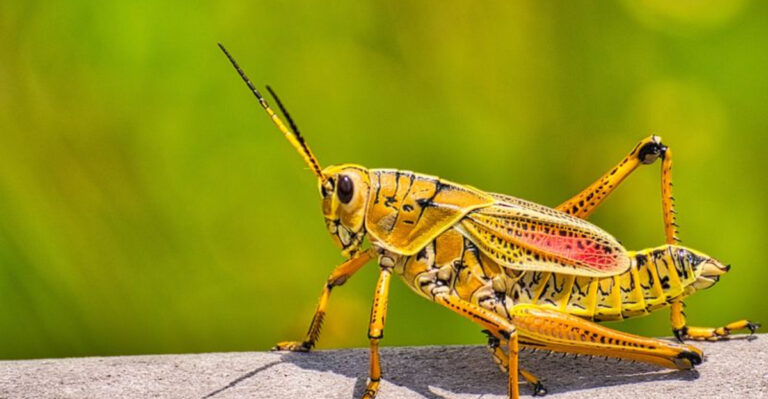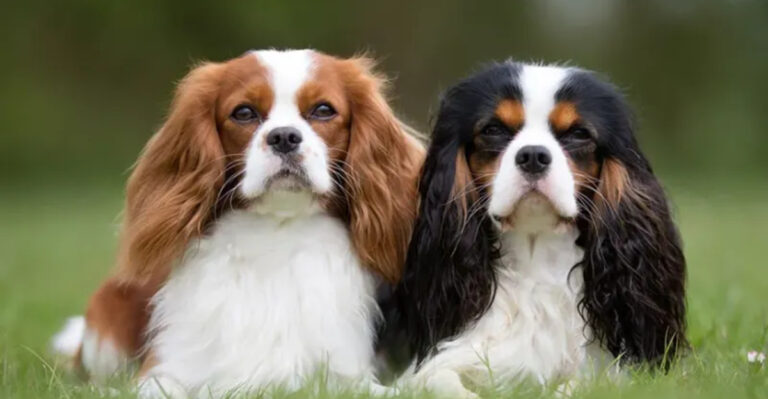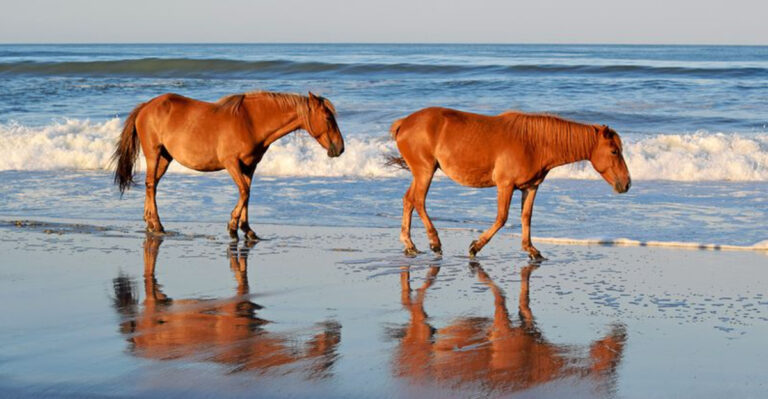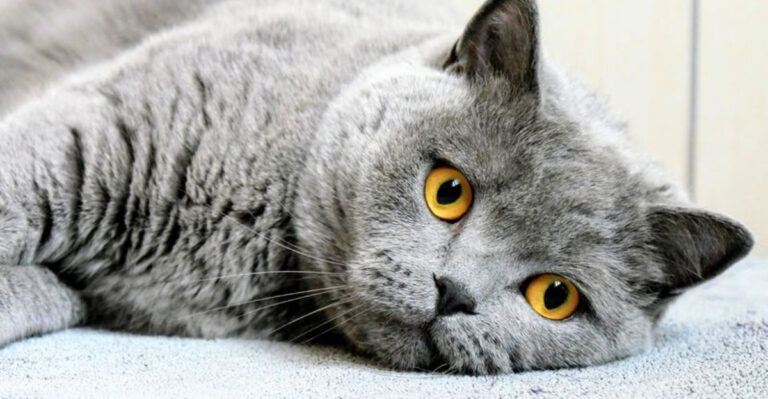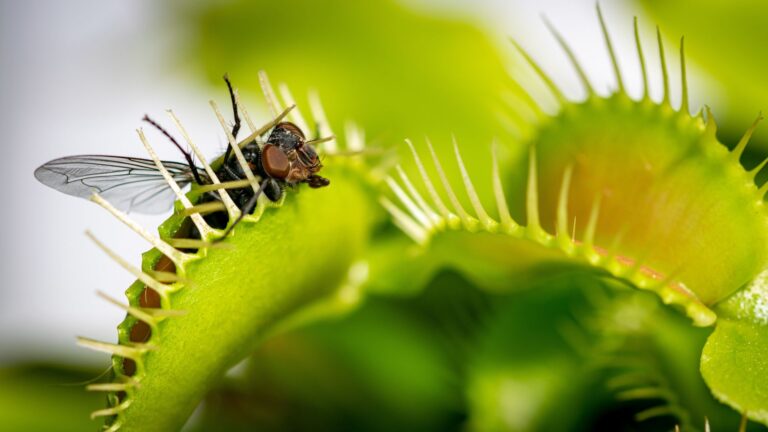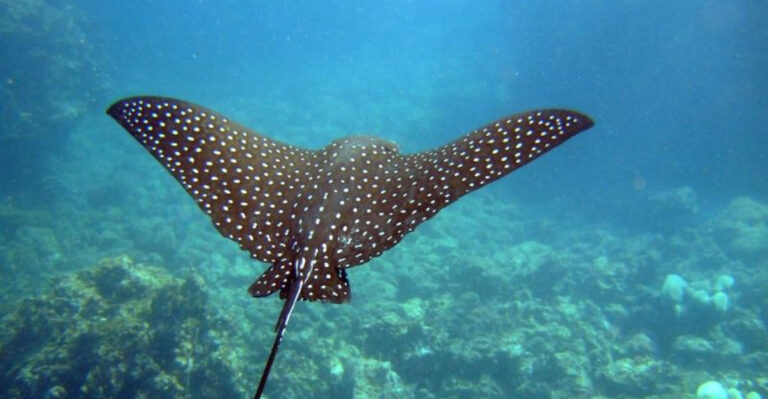15 Wild Animals That Don’t Survive A Broken Heart
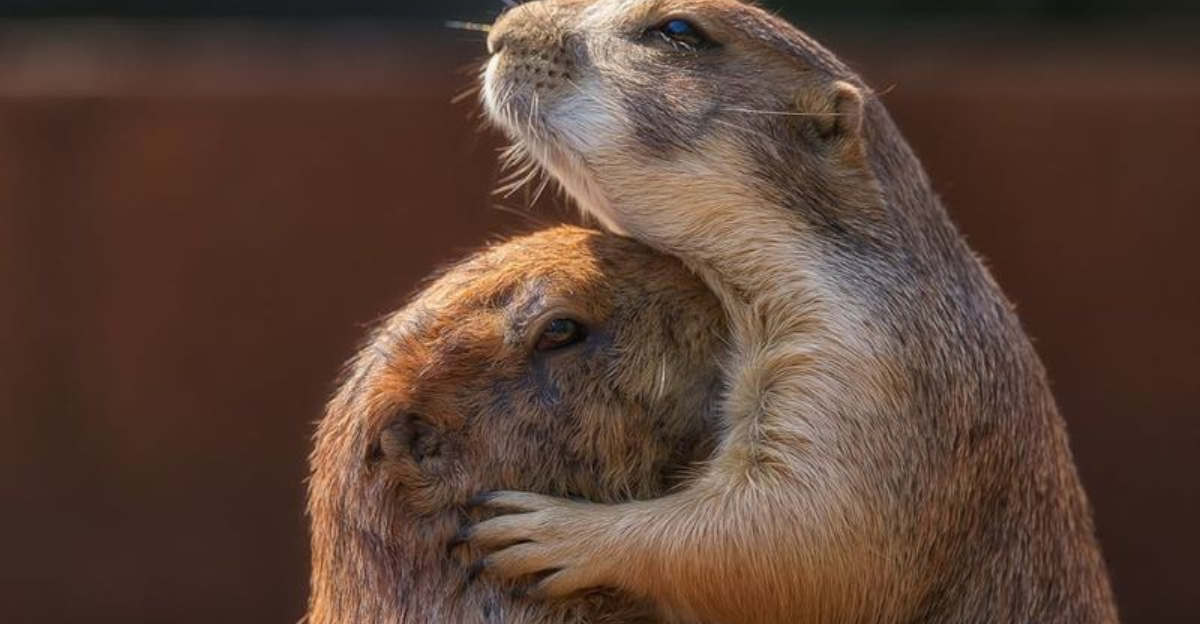
In the wild, emotions run deeper than we might think. Some animals, much like humans, face the risk of heartbreak, even to the point of dire consequences.
This list will take you through wild creatures whose emotional bonds are so strong that a broken heart could be their undoing.
1. Elephants
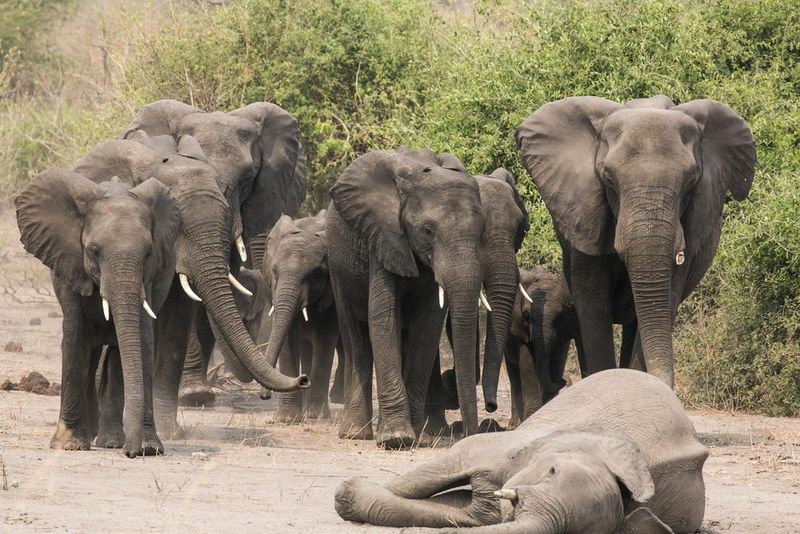
Did you know elephants mourn? These gentle giants form tight-knit family units and display deep emotions.
When a member is lost, they’ve been observed grieving, sometimes refusing food, in a poignant display of heartbreak.
Their emotional intelligence is remarkable, with behavior that resembles human mourning rituals.
Such strong bonds mean that losing a loved one can sometimes be fatal, as the stress and sorrow overwhelm them.
2. Wolves
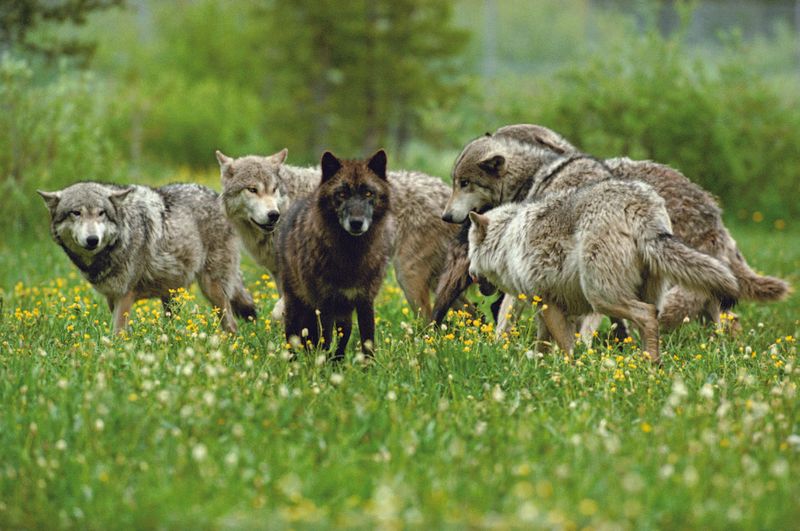
Wolves are not just fierce hunters; they’re also deeply social animals that rely on pack dynamics. The absence of a pack member can shake their world.
Heartbreak affects wolves profoundly, leading to changes in behavior and even health decline. Their howls often echo with longing.
In the wild, isolation and loss can lead to a broken spirit, making survival difficult.
3. Dolphins
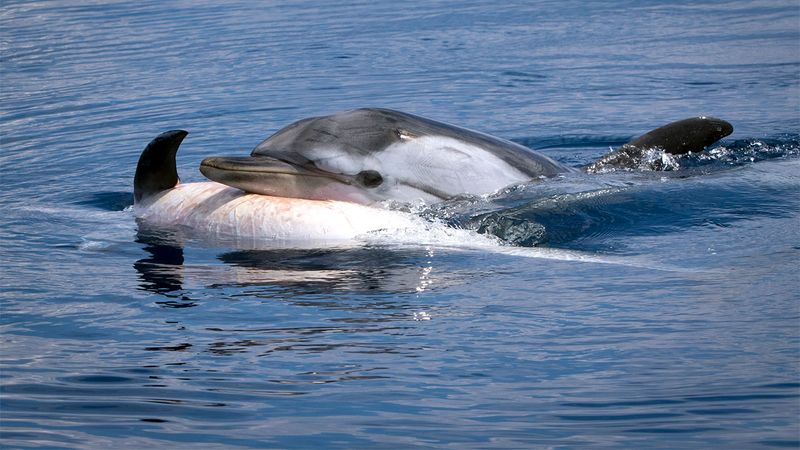
Dolphins are the ocean’s social butterflies, known for their intelligence and communication skills. They form strong bonds within their pods that extend beyond family ties.
When a pod member dies, dolphins have been seen carrying the body, a sign of their deep mourning. This behavior shows the intensity of their emotional world.
4. Swans
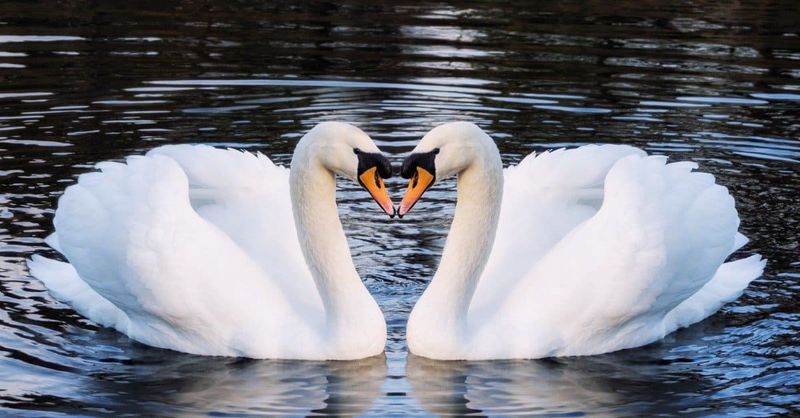
Swans often symbolize love and fidelity, as they mate for life. A swan’s partner is irreplaceable, making the loss devastating.
After losing a mate, swans have been known to exhibit signs of grief, such as decreased activity and eating less. This emotional turmoil can lead to a broken heart.
5. Gibbons
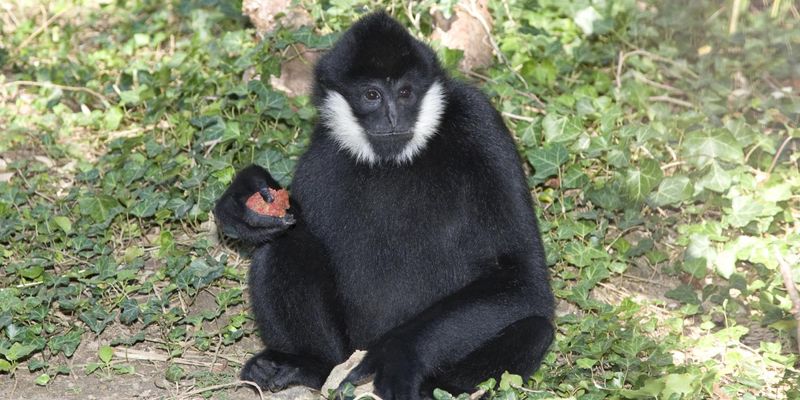
Often called the songbirds of the primate world, gibbons live in small, monogamous family groups. Their calls not only establish territory but also strengthen pair bonds.
When a partner is lost, the surviving gibbon often becomes silent and withdrawn, showcasing signs of deep emotional stress.
This loss impacts their social structure and, in turn, their survival.
6. Penguins
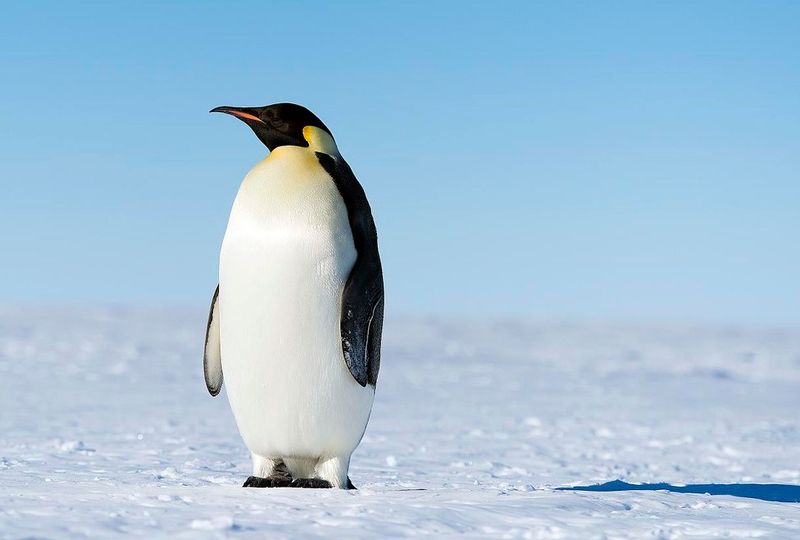
Penguins, particularly emperor penguins, are known for their commitment to their mates. They endure harsh winters together, huddling for warmth and protection.
When a mate is lost, a penguin’s behavior can change dramatically. They may wander, appearing lost and forlorn. This emotional distress can impact their health and breeding success.
Their survival in the icy wilderness depends heavily on their partnerships, and the loss of a mate can be a bitter blow, sometimes leading to a broken heart.
7. Prairie Dogs
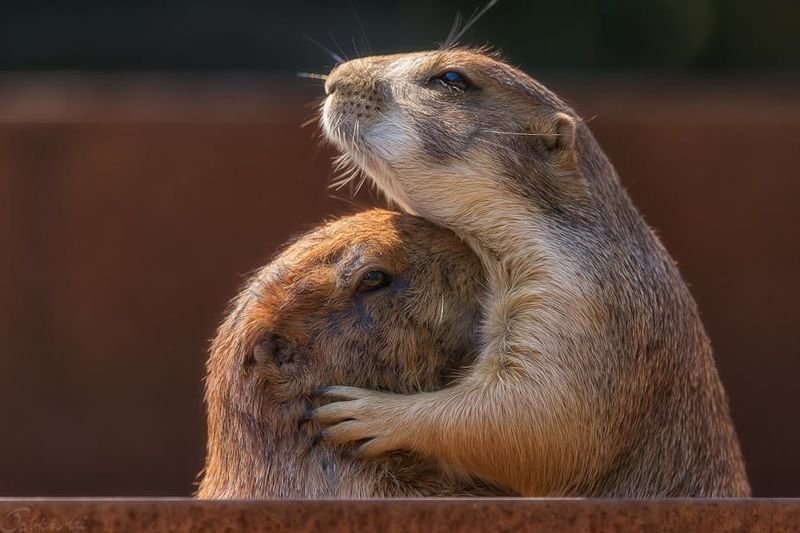
Prairie dogs might seem like mere rodents, but their social structures are complex and filled with emotional depth. These creatures form tight-knit communities known as coteries.
When a member dies, prairie dogs have been observed to exhibit mourning behaviors, such as spending time at the grave and appearing withdrawn.
8. Bonobos
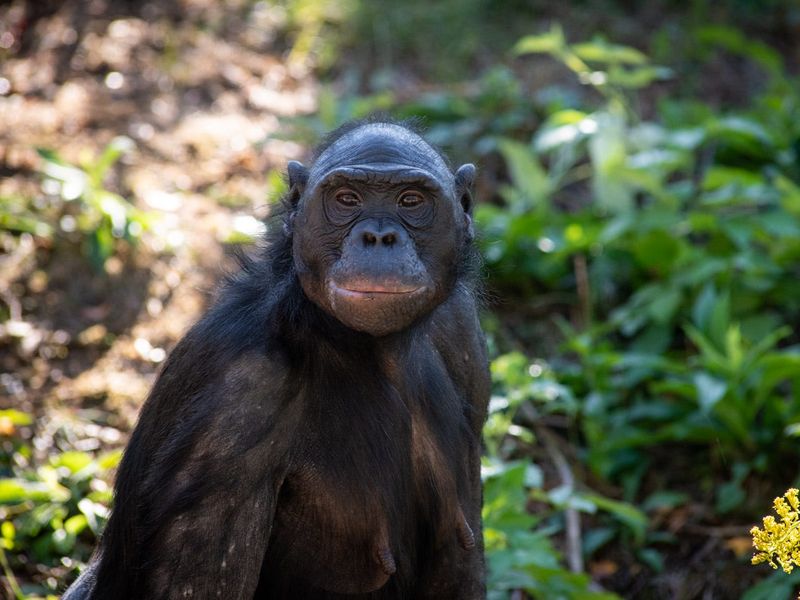
Bonobos are known for their peaceful and affectionate nature. Their communities are matriarchal, and they form deep emotional bonds within their groups.
The loss of a group member can lead to visible signs of distress and mourning. Bonobos have been seen holding and comforting each other during such times.
9. Orcas
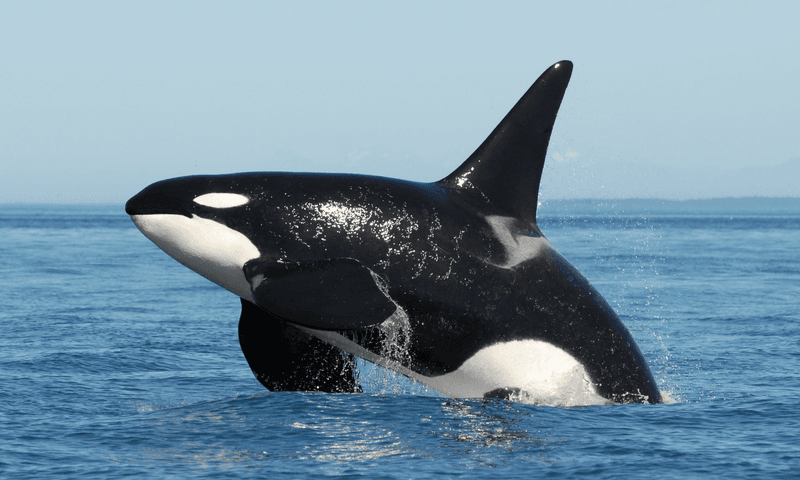
Orcas are incredibly social and intelligent, forming lifelong bonds within their pods. When a member is lost, their behavior reflects deep sadness.
They’ve been observed staying with a deceased calf, showing refusal to let go, a testament to their emotional depth. This mourning can affect their appetite and social interactions.
10. Albatrosses
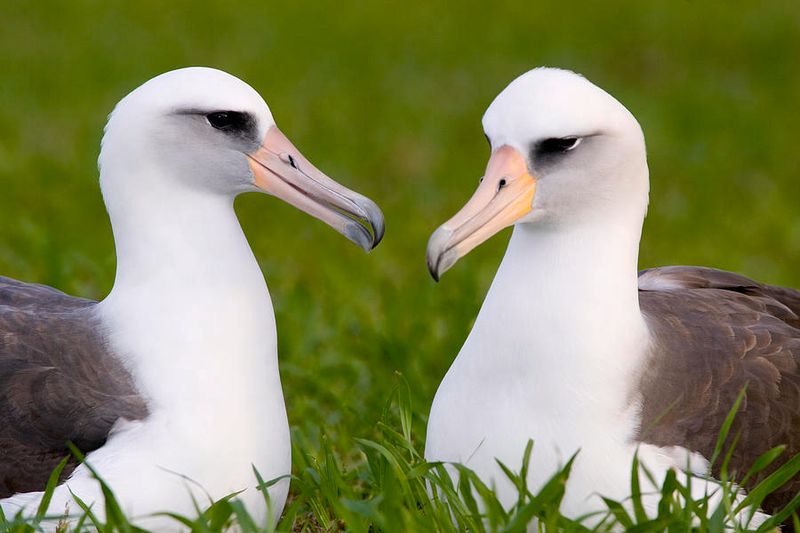
Albatrosses are renowned for their long-lasting pair bonds, often mating for life. Losing a mate can send an albatross into a period of mourning.
Their commitment is such that they’ve been observed pining for lost partners, sometimes refusing to eat. This devotion showcases the emotional intensity of these seabirds.
11. Koalas
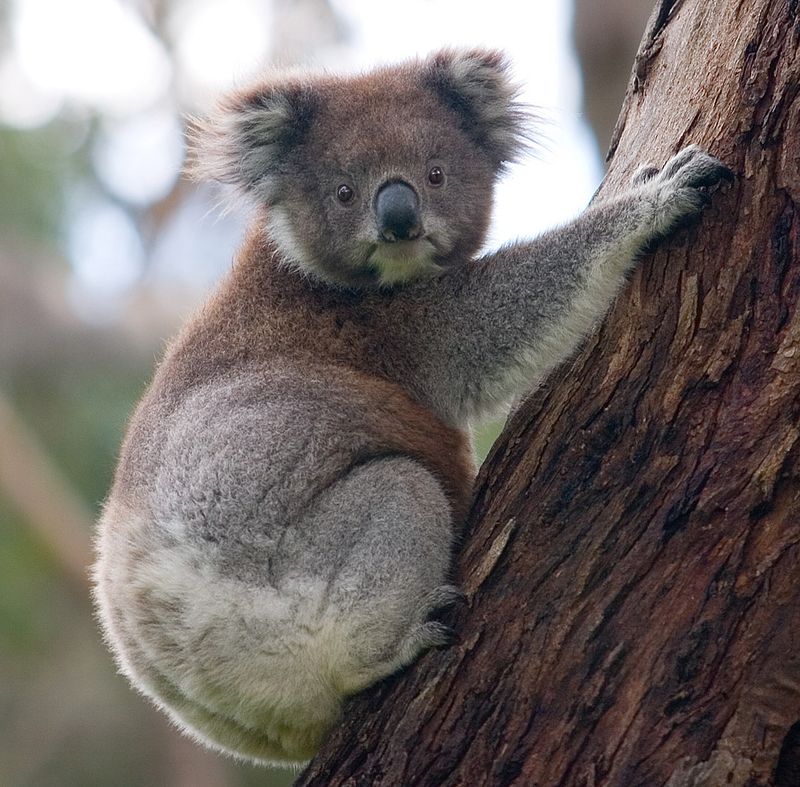
Koalas, though often seen as solitary, form strong bonds with their companions. When a partner or offspring is lost, they exhibit signs of distress.
Their behavior changes, becoming lethargic and withdrawn, indicating the depth of their feelings. This emotional turmoil can affect their health.
12. Chimpanzees
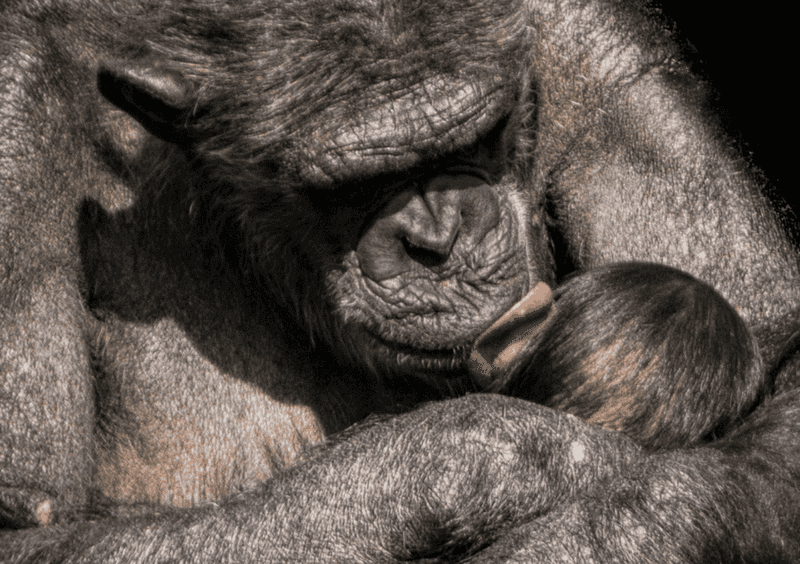
Chimpanzees, our closest relatives, have complex emotional lives. They form strong, familial bonds within their troops.
The death of a troop member can lead to visible mourning behaviors, including quietness and a lack of interest in food. They sometimes hold vigils, showcasing their emotional depth.
13. Flamingos
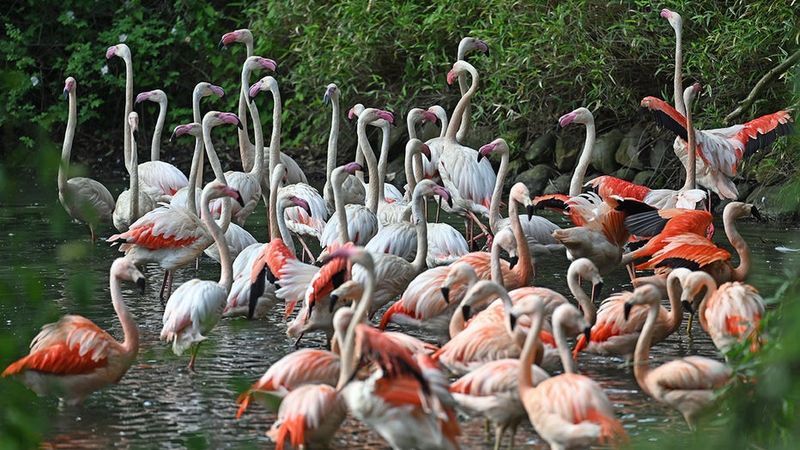
Flamingos are famous for their vibrant color and social nature. They live in large colonies, making bonds that are essential for their social structure.
When a partner is lost, flamingos have been known to show signs of distress, impacting their vibrant hue and overall health.
14. Macaws
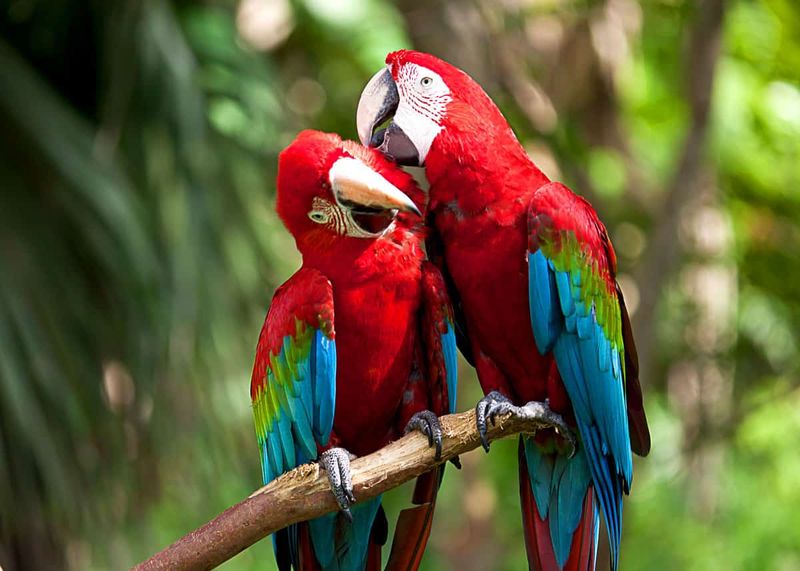
Macaws are not just pretty faces; they’re highly intelligent and form deep bonds with their mates. When a bond is broken, they show signs of mourning.
These birds may become withdrawn, losing interest in activities they once enjoyed. Their behavior changes, reflecting their heartbreak.
15. Red Foxes
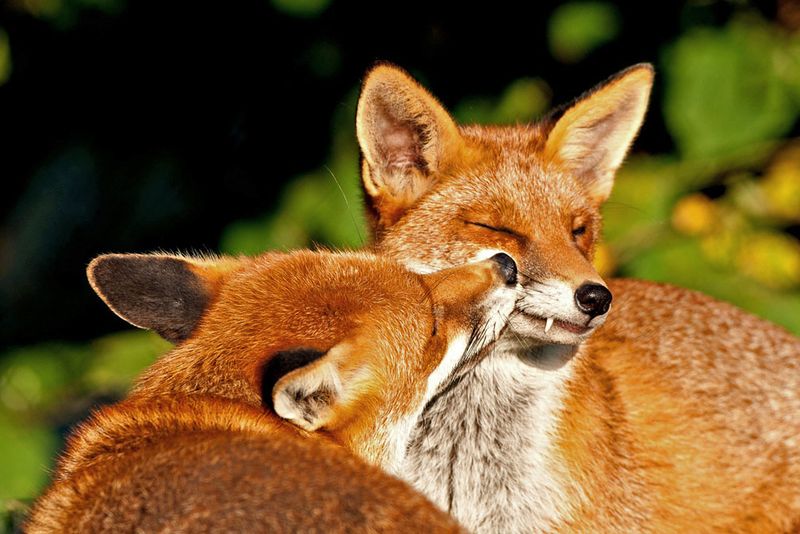
Red foxes are known for their cunning, but they also have a sensitive side. These animals form monogamous pairs, and losing a mate can truly impact them.
The surviving fox often displays signs of grief, such as reduced activity and a lack of interest in food. The emotional toll can be heavy.

